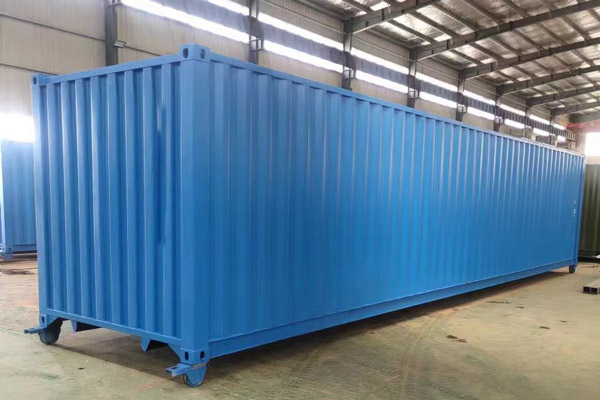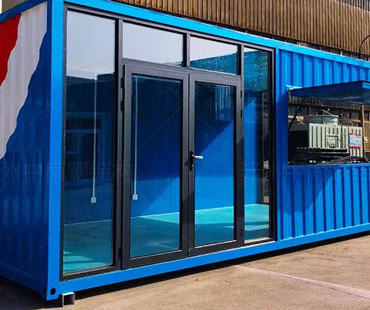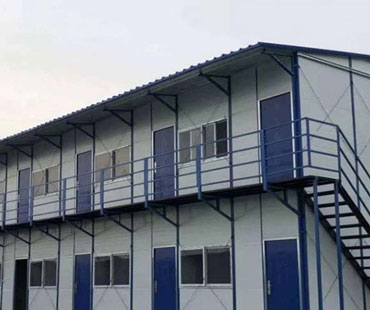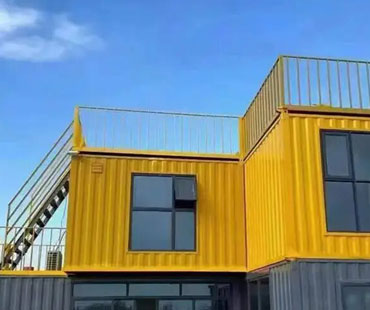The container industry has long been a cornerstone of global trade, facilitating the movement of goods across vast distances and connecting economies around the world. As we look to the future, the industry faces a myriad of challenges and opportunities that will shape its evolution. This article explores the key factors influencing the container industry chain, examining both the obstacles that must be navigated and the potential avenues for growth and innovation.
The container shipping industry has experienced significant growth over the past few decades, driven by globalization and the increasing demand for efficient logistics solutions. Containerization has revolutionized the way goods are transported, with standardized containers allowing for seamless transfers between ships, trucks, and trains. However, this growth has not come without its challenges, particularly in the wake of the COVID-19 pandemic, which exposed vulnerabilities in the supply chain and highlighted the need for greater resilience.
Challenges Facing the Container Industry Chain
1.Supply Chain Disruptions: The pandemic revealed the fragility of global supply chains. Port congestion, labor shortages, and disruptions in production have caused delays and increased costs. Addressing these issues requires a reevaluation of logistics strategies and enhanced coordination among stakeholders.
2.Environmental Sustainability: The shipping industry is a significant contributor to greenhouse gas emissions. As global awareness of climate change grows, there is increasing pressure on the container industry to adopt more sustainable practices. This includes investing in cleaner technologies, such as alternative fuels and energy-efficient vessels, as well as implementing regulations aimed at reducing emissions.
3.Technological Integration: While technology offers many opportunities for improvement, the integration of new systems can be challenging. The adoption of digital platforms, automation, and data analytics is essential for enhancing efficiency and transparency in the supply chain. However, many players in the industry may lack the resources or expertise to fully leverage these technologies.
4.Geopolitical Uncertainties: Trade tensions and geopolitical conflicts can disrupt the flow of goods and create uncertainty in the container shipping market. Companies must navigate these complexities while adapting to changing trade policies and tariffs, which can impact their operations and profitability.

Despite the challenges, the container industry also presents numerous opportunities for growth and innovation:
1.Digital Transformation: The adoption of digital technologies can revolutionize the container industry. Implementing blockchain for transparent tracking, utilizing artificial intelligence for predictive analytics, and enhancing communication through cloud-based platforms can improve efficiency and reduce costs.
2.Sustainable Practices: The shift towards sustainability is not just a challenge but also an opportunity. Companies that invest in green technologies and sustainable practices can differentiate themselves in the market. Innovations such as electric-powered ships and biofuels can not only reduce emissions but also attract environmentally conscious customers.
3.Adapting to E-commerce Growth: The pandemic accelerated the growth of e-commerce, leading to increased demand for container shipping. Companies that can adapt their services to meet the needs of e-commerce businesses, including faster delivery times and flexible logistics solutions, will find new revenue streams.
4.Collaborative Approaches: Collaboration among industry stakeholders can lead to more resilient supply chains. By sharing data and resources, companies can enhance visibility, streamline operations, and collectively address challenges such as port congestion and labor shortages.
5.Investment in Infrastructure: Governments and private enterprises are increasingly investing in port infrastructure and logistics facilities. Upgrading facilities to handle larger vessels and improve efficiency will be crucial for accommodating future growth in container shipping.
The future of the container industry chain is poised for transformation amid a landscape filled with challenges and opportunities. By embracing technology, prioritizing sustainability, and fostering collaboration, industry players can navigate the complexities of the evolving market. As the global economy continues to recover from the disruptions of recent years, the container industry has the potential to emerge stronger, more resilient, and better equipped to meet the demands of a rapidly changing world. The path forward will require innovation, adaptability, and a commitment to sustainable practices, ensuring that the container industry remains a vital component of global trade for years to come.


